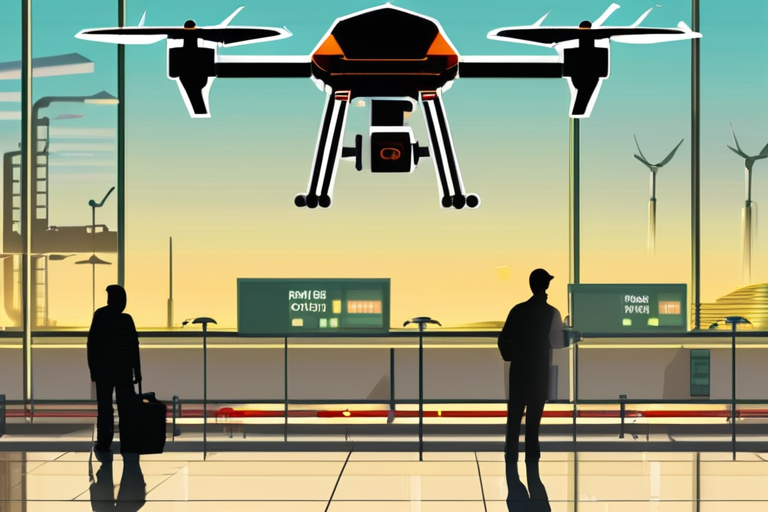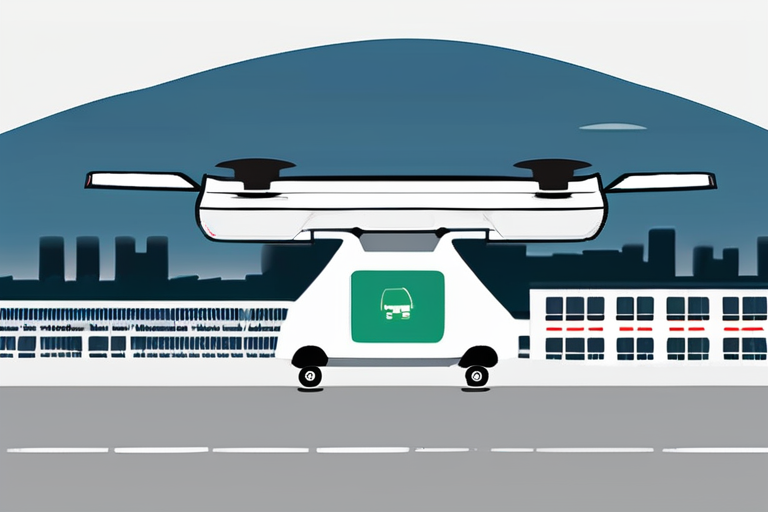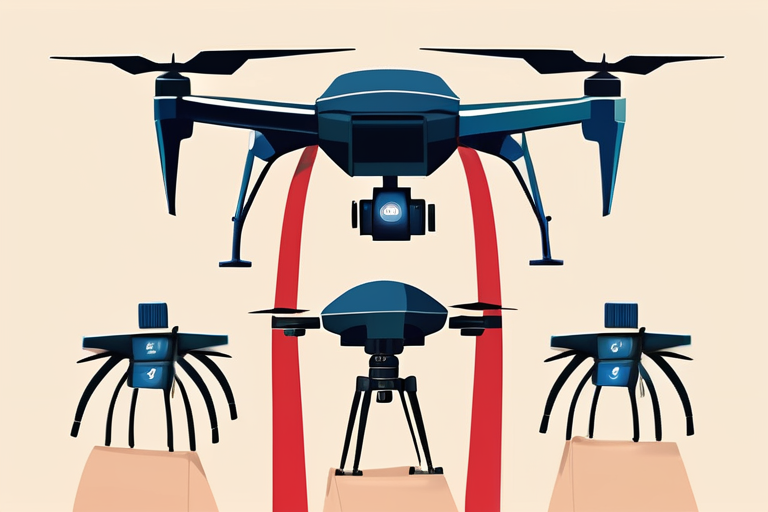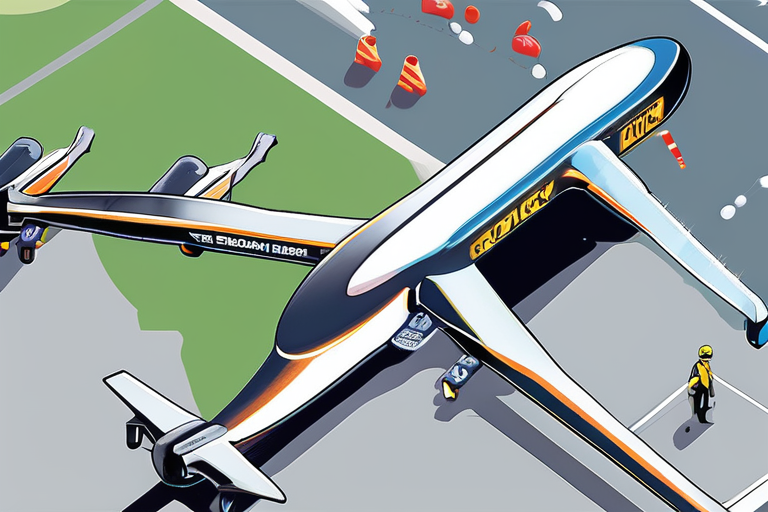"Pattern" Emerging of EU Airports Disrupted by Drones
A concerning trend has emerged in recent weeks, with multiple European Union airports experiencing disruptions due to the presence of drones. The incidents have raised questions about the vulnerability of airport security and the potential for future threats.
According to reports, on September 25, a drone was spotted near Munich Airport in Germany, prompting authorities to suspend flights temporarily. Similar incidents have occurred at other EU airports, including in Belgium, France, and the Netherlands.
"This is a worrying portent of the nature of security threats to airports," said Samir Puri, an expert from Chatham House. "The use of drones to disrupt airport operations is a new and evolving threat that requires careful consideration."
The recent incidents have sparked concerns about the potential for malicious drone activity in the EU. Some experts speculate that the disruptions could be linked to a larger security threat, such as a coordinated attack.
"The possibility of Russia waging a drone war on the EU cannot be ruled out," Puri added. "This would be a significant escalation of tensions between the two powers and would require an immediate response from European authorities."
The use of drones in airport disruptions is not new, but the frequency and coordination of recent incidents have raised concerns about the potential for more sophisticated attacks.
Drones are increasingly being used for malicious purposes, including surveillance, sabotage, and even terrorism. The ease with which drones can be purchased and operated has made them an attractive option for those seeking to disrupt critical infrastructure.
The EU has implemented measures to improve airport security, including the use of drone-detecting technology and increased surveillance. However, experts warn that more needs to be done to address the evolving threat.
"The EU must take a proactive approach to addressing this new threat," said Puri. "This includes investing in cutting-edge technology and developing effective countermeasures to prevent future disruptions."
As the situation continues to unfold, authorities are working closely with international partners to share intelligence and best practices for mitigating drone-related threats.
The recent incidents serve as a reminder of the importance of airport security and the need for continued vigilance against emerging threats. As the use of drones becomes increasingly sophisticated, it is essential that authorities remain one step ahead in protecting critical infrastructure.
Background:
Airport security has long been a concern for authorities, with various measures implemented to prevent terrorist attacks and other malicious activities. The rise of drone technology has introduced new challenges, as drones can be used to evade traditional security measures.
Additional Perspectives:
Experts warn that the use of drones in airport disruptions is just one aspect of a larger threat landscape. "The increasing sophistication of drone technology means that we must consider the potential for more complex and coordinated attacks," said Puri.
As the situation continues to unfold, authorities are working closely with international partners to share intelligence and best practices for mitigating drone-related threats.
Current Status:
The EU has implemented measures to improve airport security, including the use of drone-detecting technology and increased surveillance. However, experts warn that more needs to be done to address the evolving threat.
As the situation continues to unfold, authorities are working closely with international partners to share intelligence and best practices for mitigating drone-related threats.
Next Developments:
The EU is expected to hold an emergency meeting to discuss the recent incidents and develop a coordinated response. Authorities will continue to work closely with international partners to share intelligence and best practices for mitigating drone-related threats.
*Reporting by Aljazeera.*



 Hoppi
Hoppi

 Hoppi
Hoppi

 Hoppi
Hoppi

 Hoppi
Hoppi

 Hoppi
Hoppi

 Hoppi
Hoppi











